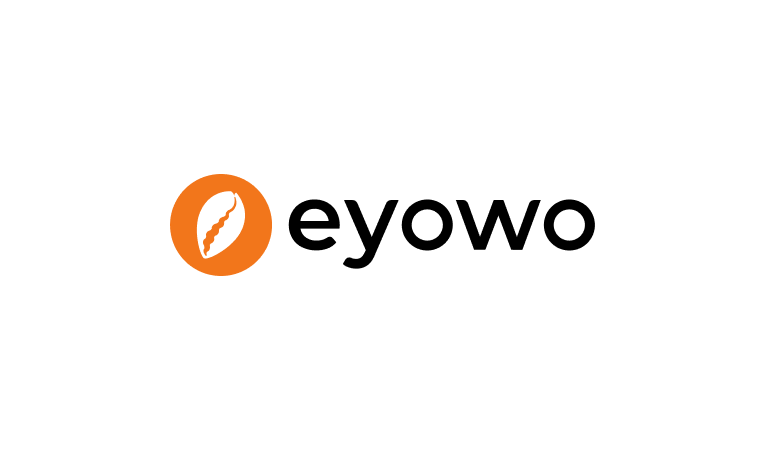Six months after the CBN revoked its license, Eyowo, one of Nigeria’s oldest digital banks, remains unsure of when it will resume its banking services.
Eyowo, the Nigerian fintech startup that had its license suspended by the Central Bank, has stalled a resumption of banking operations, raising existential questions about one of the country’s earliest digital banking players. The CBN’s revocation of the fintech’s MFB license over possible non-compliance left many Eyowo customers unable to withdraw their deposits for six months.
[ad]
“After six months of active engagement with regulators, we received authorisation from the regulators to commence operations formally on October 27. This is great and rewarding news after months of working hard to meet the Apex banks’ requirements,” the company wrote in a statement to TechCabal. The company also said that it expects to restore full access to its users in the shortest time possible—4 weeks instead of November 10, which it had initially announced to its users.
The startup is blaming the delays on “follow-on” processes it needs to conclude, such as changing its name and relisting on NIBSS, the country’s central switch. “These changes are heavily dependent on third-party collaborations and not completely under our time control,” a statement shared by the company on X read.
Three weeks after the CBN revoked Eyowo’s MFB license, the company partnered with Providus Bank to enable its Tier 2 and Tier 3 customers to withdraw their deposits. TechCabal was unable to confirm how many users have been able to withdraw their deposits through this partnership, but the company’s posts on social media continue to receive complaints from customers who say they have been unable to withdraw their money. TechCabal also learned that some Eyowo users resorted to using their deposits to buy airtime on the platform and redeeming it for cash on other platforms like Palmpay.
[ad]Eyowo has undergone more operational changes since it lost its license. While fending off shutdown speculations, it let go of 11% of its employees.





















